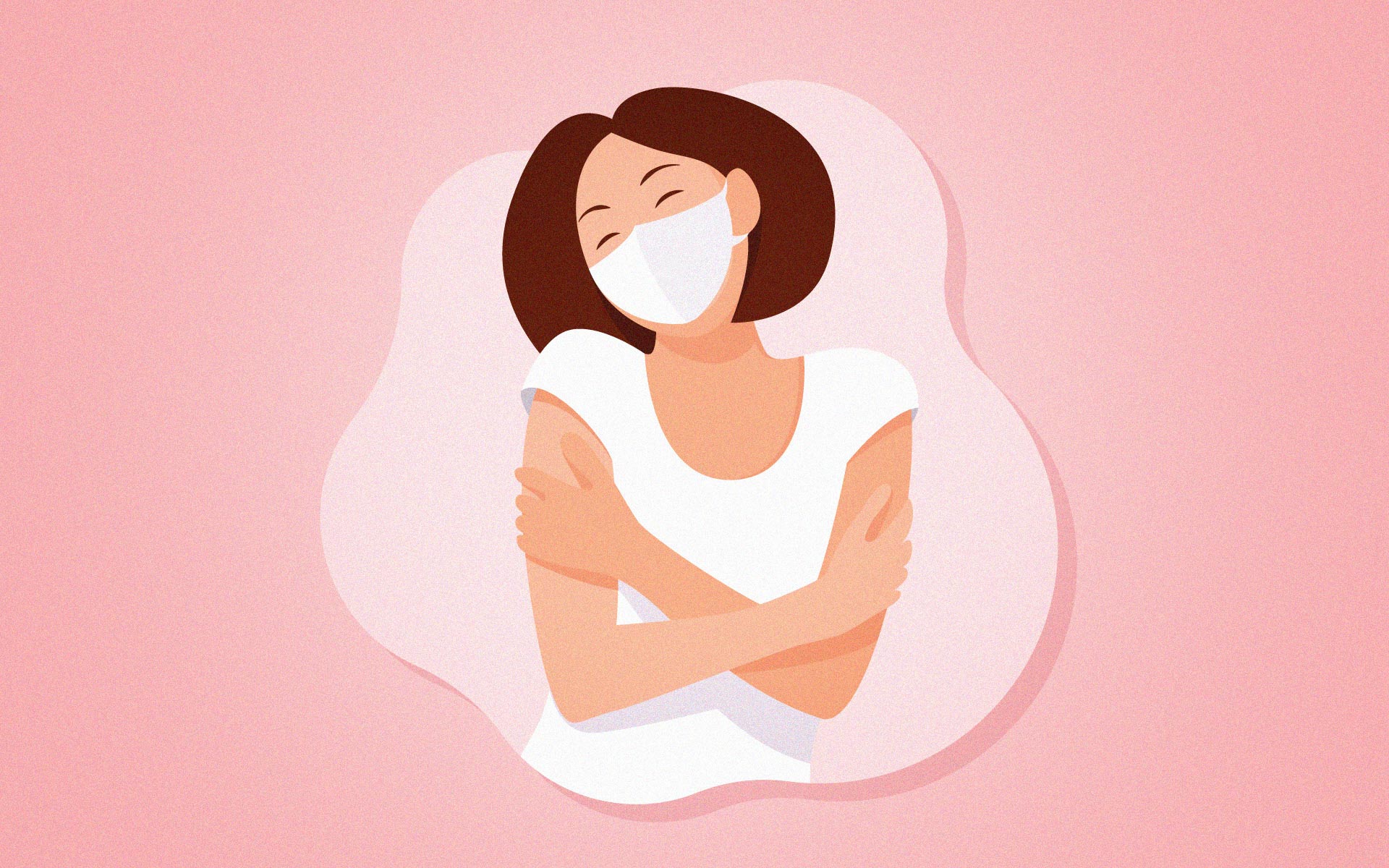It’s not easy to stay on the level when you’re in lockdown, but these techniques may help you make it through
Third wave. Level 4. Second jab. Delta variant.
The Covid-19 pandemic has brought so much change and upheaval in a short space of time.
While healthcare professionals work tirelessly to combat the coronavirus, researchers have been gathering data to discover the best mechanisms to help us cope with it all.
Consider these as you hunker down for the next round of lockdown.
- Take good care of yourself
Wear a mask. Wash your hands. Take care of yourself.
Research from Penn State University found that “forward-focused” coping techniques like those are good for your physical safety and your mental health.
These include preventive measures like vaccination, a good day as well as self-care practices like exercising, eating healthy meals, getting plenty of rest, and finding time to unwind.
- Distract yourself
Ordinarily, this would be terrible advice. But these are not ordinary times, as researchers at the University of Connecticut pointed out in the early days of the pandemic.
They found that many people were coping with the pandemic simply by avoiding it.
“Distraction or avoidance is usually considered to be an unproductive coping strategy for most challenging situations and can lead to negative outcomes,” said Associate Professor Beth Russell.
“But in this instance, where people don’t have much control over making the disease itself better, we can do small things to help ourselves and others – seek connections through telemediated emotional support, for example – and find ways to let the time pass.”
- Chill out with a feelgood movie
A 2021 study at Ohio State University found that when people recalled watching meaningful films, such as Up and The Shawshank Redemption, they reported a range of positive reactions, including being “better able to accept the human condition and make sense of problems in life”.
- Take a bath in a forest
We all know that spending time in nature is good for your mental health. But a study published in the journal Personality and Individual Differences puts an interesting spin on the subject.
“In Japanese,” says one of the study authors, “there’s this word called ‘forest-bathing’. It’s basically when you go out into nature and enjoy being surrounded by trees. It’s usually for forests, but you go walking and it’s supposed to refresh you. People often talk about how they went out ‘forest bathing’.
- Make the right connections
Just because South Africans have been encouraged to stay home and avoid gatherings, doesn’t mean you can’t connect with your friends and family. Schedule a Zoom or Teams meeting. Start a WhatsApp group. Make a phone call.
Social connections are key to coping with difficult circumstances, and protecting yourself against depression. In August 2020, researchers at Massachusetts General Hospital singled out social connection as the strongest protective factor for depression.
“Far and away the most prominent of these factors was frequency of confiding in others, but also visits with family and friends – all of which highlighted the important protective effect of social connection and social cohesion,” said senior study author Dr Jordan Smoller.
“These factors are more relevant now than ever at a time of social distancing and separation from friends and family.”

Leave a Reply